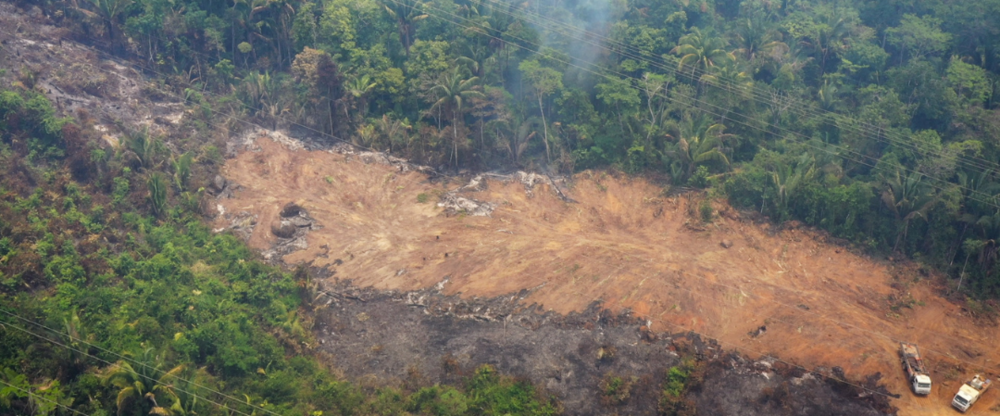
EU’s Due Diligence law needs future-proofing to safeguard environmental justice: Press comment
The EU Corporate Sustainability Due Diligence Directive, aimed at holding businesses accountable for human rights abuse and environmental harm throughout their supply chains, was published today. CEO and founder of the Environmental Justice Foundation (EJF) Steve Trent said:
“While the legislation has a wholly laudable objective, the current draft has serious weaknesses that will leave it sluggish and unresponsive to changing supply chains. First, to future proof this law, it is vital that grassroots groups, citizens, and others are able to raise the alarm on environmental and human rights abuse directly with the European Commission. This first-hand knowledge is irreplaceable, and yet there is currently no channel for it.
Second, part of the Commission’s role must be to work with governments who fail to address the most serious risks. This collaboration – where the EU supports countries to create regulations that enshrine environmental justice – is the true global strength of the EU and should be at the heart of the Directive. Again, this is missing from the draft.
Finally, each serious risk inherent in supply chains should be monitored by the Commission, with annual reports that cover all nations. The current draft does not include any such centralised reporting, yet it would be invaluable for companies struggling to assess their own risks.”
The Directive’s scope also needs to be able to grow over time, EJF says. Based on turnover, employee numbers and pre-identified sectors, the Commission only estimates covering with the proposal 13 000 EU companies and 4 000 third-country companies. Under the current text, the Commission would only need to review whether this scope is sufficient after seven years – 2030, at the earliest. For a rapidly changing planet with global supply chains, this is inadequate. To ensure sufficient parts of the corporate world help secure the European Green Deal, human rights obligations and climate targets, the Commission must at minimum review the scope far more regularly.
It is vitally important that grassroots and civil society be able to raise the alarm on environmental and human rights abuse directly with the European Commission. The current proposal allows such stakeholders to do so only via national authorities. Given that global supply chains often have multiple points of entry to the EU market, this does not make sense. The EU regulation to prevent illegal, unreported and unregulated fishing, which has been in force for over a decade, has allowed stakeholders to alert the European Commission directly in case of possible abuse. The Commission can then analyse such alerts, and in turn make recommendations to Member States for swift action. We can learn from this to improve the directive in this regard, says EJF.
In addition, the Commission should regularly monitor how non-EU countries are tackling environmental and human rights risks to support companies in their due diligence obligations, as well as analysing possible incidents and engaging with both the Member States and non-EU countries concerned to secure solutions. This should include the potential for wholesale trade ban on products demonstrably linked to human rights and environmental abuses where the producer country government fails to address these risks, in addition to civil liability for companies who fail to take steps to eliminate abuses from their supply chains.
Strengthening the Commission’s role – in receiving and analysing stakeholder alerts, regularly monitoring compliance in producer countries, and engaging with governments who fail to address structural risks – will allow for managed, organic growth of the Corporate Sustainability Due Diligence Directive to address emerging human rights and environmental risks and create cleaner, greener and more just European marketplace.
SIGN UP FOR OUR EMAILS AND STAY UP TO DATE WITH EJF